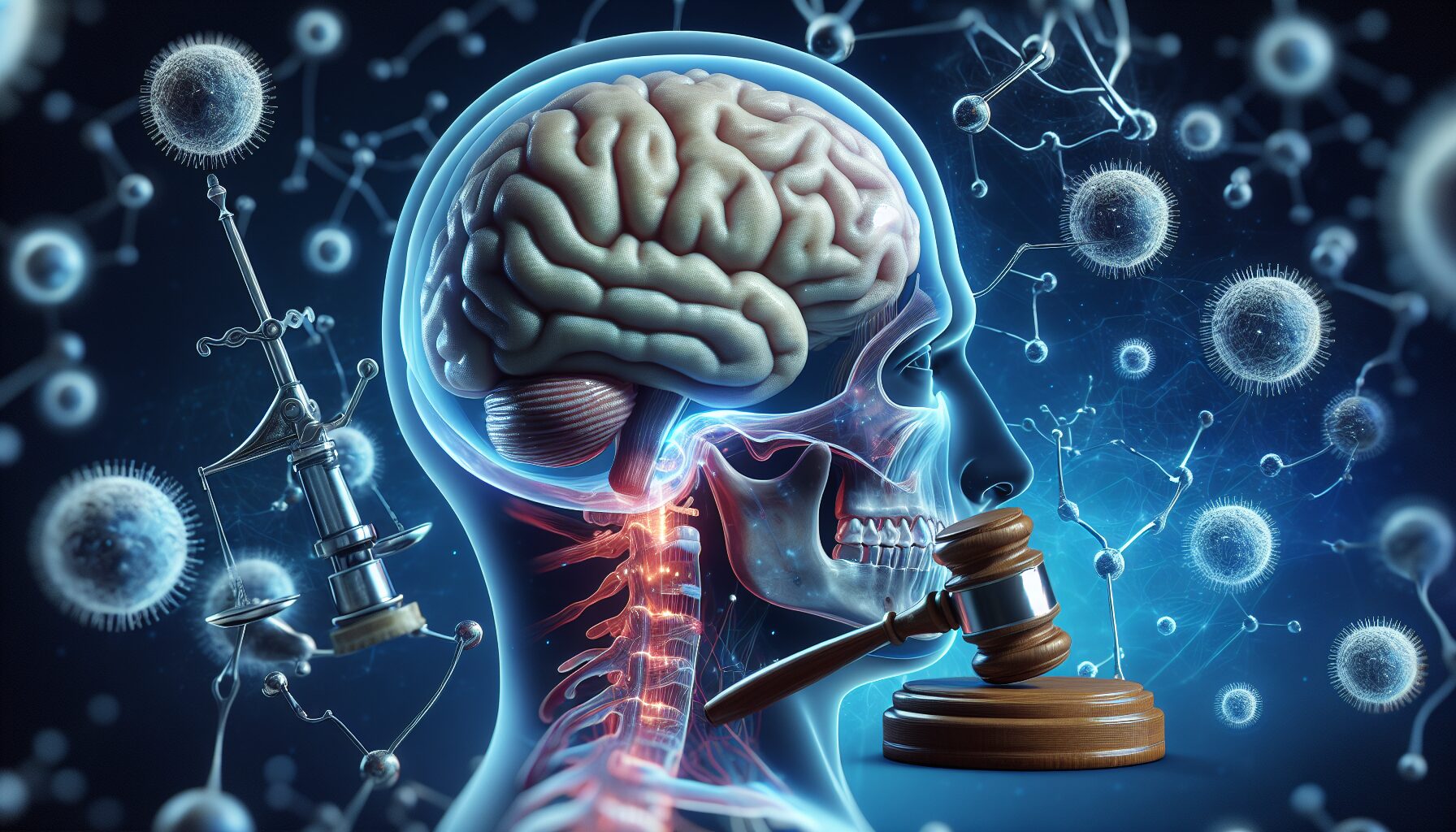Brain Death: The Final Frontier of Science and Law
In recent decades, the concept of brain death has emerged as a pivotal topic at the crossroads of neuroscience, ethics, and jurisprudence. Defined as an irreversible cessation of all brain activity, brain death is seen as a point at which a person is deemed clinically and legally deceased. Despite scientific advances, brain death remains a controversial subject that challenges our traditional perspectives of life, death, and the human condition.
Understanding Brain Death
Brain death is distinct from a coma or a persistent vegetative state. It occurs when there is a total loss of brain function, including the brainstem, which regulates basic life functions such as breathing and heartbeat. According to The American Academy of Neurology, the diagnosis of brain death is “based on clinical criteria, including the absence of a neurological response to any external stimuli.”[1]
The Science Behind Brain Death
Advancements in medical technology have allowed doctors to maintain bodily functions even when brain activity has ceased. Mechanical ventilation, for example, can keep the heart and lungs working, giving the appearance of life when, biologically, none exists. The Harvard Criteria established in 1968 were among the first formal guidelines to determine brain death, specifying the need for multiple and comprehensive tests.
- Apnea Test: Measures the body’s ability to recognize elevated CO2 levels and stimulate breathing – a test often failed in brain-dead individuals.
- Brainstem Reflexes: Checks for responses such as pupil dilation and gag reflex, which should be absent in brain death.
- Electrophysiological Methods: These include EEGs and other brain imaging techniques to confirm the absence of electrical activity.
Ethical and Legal Challenges
The legal recognition of brain death varies dramatically across the globe. The Uniform Determination of Death Act in the United States, passed in 1981, provides a comprehensive legal framework stating that “an individual who has sustained… irreversible cessation of all functions of the entire brain, including the brain stem, is dead.” Yet, disparities in law arise when cultural and religious convictions come into play.
Dr. Robert Troug of Harvard Medical School asserts, “Brain death is legally equated to death in most parts of the world, but not all social, religious, and familial contexts accept this definition.”[2] For instance, in Japan and some parts of the Middle East, acceptance of brain death is not universal, reflecting differing beliefs about when life truly ends.
Implications for Organ Donation
One significant implication of brain death is its role in organ transplantation. Every year, thousands of lives are saved thanks to organ donations from brain-dead patients. The brain death criteria ensure that organs are only harvested from individuals who are legally dead, thereby aligning medical practices with ethical standards.
“Organ procurement post-brain death is crucial for timely and effective transplantation, yet it hinges on clear communication and consent procedures,” explains Dr. Laura Siminoff of Temple University.[3]
Cultural Considerations and Public Perception
Despite clinical clarity, brain death often evokes emotional and philosophical debate. Cultural attitudes towards death, the body, and the spirit can greatly affect family decisions and public perception. Various research indicates that misconceptions about brain death contribute to deep-seated fears and resistance toward declaring brain death or consenting to organ donation.
- Misinformation: Many people mistakenly equate brain death with being in a coma or a vegetative state, which fuels distrust in medical practitioners.
- Religious Beliefs: Different religions offer diverse interpretations of death, impacting acceptance and consent related to brain death.
- Media Influence: Portrayals of miraculous recoveries from comas in media can distort public understanding and expectations.
The Future of Brain Death
As neuroscientific research forges ahead, the criteria for brain death could evolve with improved diagnostic technologies, potentially leading to international consensus. The integration of advanced imaging and biomarker assessments may offer clearer confirmation of loss of brain function, enhancing trust in medical judgments.
Notably, the ethical implications of redefining death criteria may affect legal policies, organ donation protocols, and end-of-life care. Ethical conversations need to parallel scientific progress, ensuring that societal and individual beliefs continue to be respected in defining these life-and-death boundaries.
Conclusion
Brain death, as it stands, encapsulates a profound chapter in the dialogue between science, law, and societal values. It invites introspection into what it truly means to be alive and challenges us to reconcile technological possibilities with diverse human ideologies. As our understanding deepens, so too must our discussions about how to ethically and responsibly navigate this frontier.
For now, the multifaceted exploration of brain death continues to push the boundaries of both medical capabilities and our collective moral compass—underscoring the interconnectedness of our biological existence and philosophical meaning of life.
[1] American Academy of Neurology
[2] Harvard Medical School
[3] Temple University
